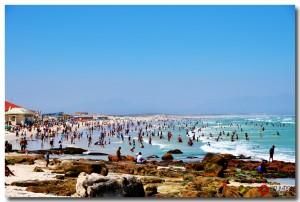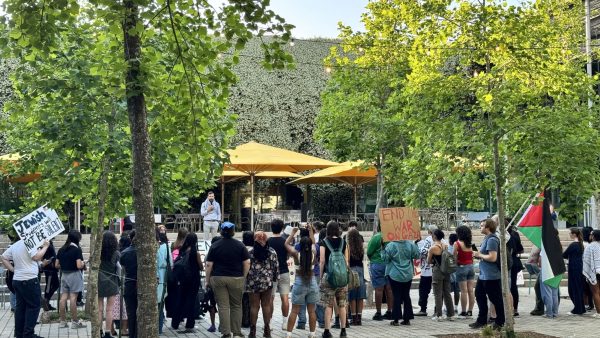No headline provided

February 3, 2012
The Stone Center for Latin American Studies will offer a newsummer study abroad program in Cuba beginning in 2012.
The Stone Center had a popular Cuba program until 2004, whenregulations tightened and schools were no longer allowed to haveprograms of less than 12 weeks in Cuba.
“But we kept our eyes on Cuba,” said Valerie Marshall, StoneCenter director of planning and management. “When [PresidentBarack] Obama rolled back regulations, we jumped on it.”
The four-week program is based in Havana but includes tripsoutside the capital to show students more of the country.
“The idea is to bring our students there to learn about theculture and the history of Cuba,” program manager Natalia Portosaid.
The Stone Center believes in the importance of having a programin Cuba in spite of the challenges it poses. Lauren Toppenberg, analumna of the Office of Study Abroad’s Cuba semester program,agrees.
“My interest was first sparked when my dad went on a legitimatetrip to the island when I was 8 and promptly had his souvenirsdestroyed by Dallas customs on his way home,” Toppenberg said.”Finally, after taking many classes on Latin America and Cubaitself, I realized that I was never going to be able to actuallyunderstand Cuba without going there myself.”
Even with lowered restrictions on travel to Cuba, maintaining aprogram there is still difficult.
“It is really hard to run a study abroad program with a countrywhere you can’t use a credit card,” Marshall said.
In addition to the Cuba program, Tulane is introducing severalother study abroad summer locations, which will send students toCadiz, Spain; Cape Town, South Africa; and Paris.
“There is a definite need for summer programs,” Director ofStudy Abroad Peter Alongia said. “We send a lot of students out onsummer programs by other providers, and we recognized a need tohave our own Tulane Study Abroad summer programs.”
The summer programs run for four weeks.
“All of the programs will take into account the setting of thecountry they are in and are geared to that location in some way,”Alongia said.
In Cape Town, for example, students will take a class in Xhosa,one of the official languages.
Porto said both the Stone Center and the Office of Study Abroadare dedicated to giving students more options to study in a foreigncountry.
“It can help you learn a new way of living,” Porto said.”Without being exposed to different ways of life, you just aren’tgetting today’s world.”





















Leave a Comment